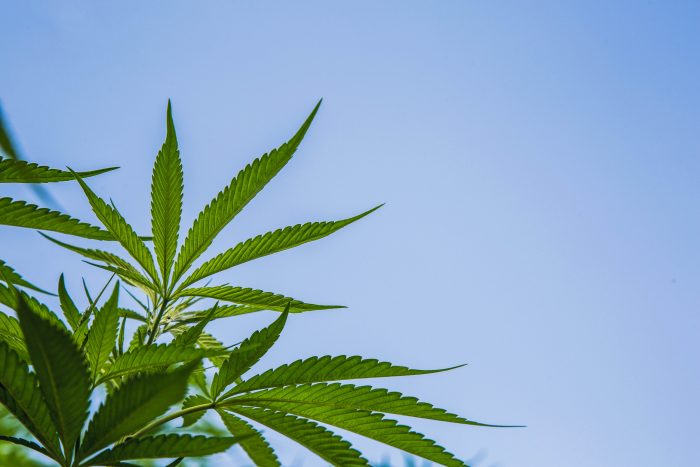By Jeffrey L. Reynolds

New York recently joined 20 other states and territories and legalized the adult use of recreational marijuana — a move that could have significant public health consequences for families and communities. With the stroke of the Governor’s pen, cannabis went from being widely prohibited for the last 80 years to widely available and with retail pot stores opening in our community next year, parents should be gearing up for questions from curious teens.
It’s important to remember that marijuana possession, sale or use by people under the age of 21 remains illegal in every state. That’s because several studies have found that underage cannabis use — and more specifically, exposure to tetrahydrocannabinol (THC), the principal psychoactive component in marijuana that produces a high — alters brain development in unhealthy ways. THC levels can vary widely, but potency has increased dramatically in recent years as growers and retailers battle to claim market share. High potency weed was recently linked to psychotic episodes and violent vomiting episodes among young people in Colorado, the first U.S. state to legalize adult-use and one of the nation’s biggest marijuana markets.
Researchers have found that short term marijuana use by teens can impair attention span, memory, learning and decision-making and those effects can last for days after the high wears off. Chronic or heavy marijuana use during adolescence or early adulthood has been associated with significant structural changes in the brain and its neural pathways, which in turn have been connected with mood and personality disorders, future addiction, a loss of IQ points and a host of negative outcomes related to school/work performance, family functioning and interpersonal relationships.

Parents can generally begin talking with kids about marijuana and other drugs between the ages of eight and 10, depending on the child’s maturity level, although it’s fine to start sooner if they ask. Discussions with tweens, teens and young adults should be age appropriate and continually build on previous conversations.
Some tips for having productive and supportive conversations with your kids:
• Listen as much as you talk. Find out how much your kids know about marijuana, how they feel about their friends who might be experimenting and pose open ended queries like, “What would you like to know about marijuana?”
• Use their questions as a springboard for discussion. A series of short, spontaneous casual conversations in the car will be more effective than an hour-long formal family meeting that puts everyone on edge.
• Help them understand that making marijuana legal doesn’t make it safe, especially for young people and those driving a car. Alcohol and cigarettes, for example, remain legal yet carry significant health consequences. Still, avoid exaggerating the potential dangers associated with cannabis (comparing it to heroin) and try not to demonize those who use it.
• It’s fine to acknowledge that medical marijuana can help with certain health conditions and that people generally turn to their doctors for guidance about whether it’s right for them.
• Teens often repeat social media messages proclaiming that, “it’s just a plant.” Right, but so is hemlock and poison ivy.
 • Clarify your values and convey your expectations. As a parent, you have more influence over your kids than anyone else, including the rappers in smoke-filled TikTok videos or the neighborhood kid who vapes weed on the bus. Use that influence and challenge the notion “everyone is doing it.”
• Clarify your values and convey your expectations. As a parent, you have more influence over your kids than anyone else, including the rappers in smoke-filled TikTok videos or the neighborhood kid who vapes weed on the bus. Use that influence and challenge the notion “everyone is doing it.”
• Experimentation is normal. If your child is caught or admits to smoking marijuana, you have an excellent opportunity to better understand why they decided to try it. Ask probing questions like, “What happened?” and “What are some of the reasons you used marijuana?” Ask them how they feel about it after the fact and let them know you are concerned about the habit progressing.
• If your child is using marijuana regularly, try to understand why. Is it social pressure? Curiosity or boredom? Or is it a way to cope with stress, anxiety or depression? Their answers can help you address the underlying motivations and manage them in a safer and healthier way.
Above all, ensure that each conversation — regardless of how challenging it gets —conveys your unconditional love, support and concern for your child’s healthy development and well-being. That’s the very best antidote to marijuana and everything else that puts our kids at risk.
Dr. Jeffrey Reynolds is President/CEO of Family and Children’s Association, one of Long Island’s largest nonprofits offering addiction prevention, treatment and recovery programs and a wide range of children’s mental health services.
*This article first appeared in Parent Connection, a special feature for TBR News Media, on Aug. 5, 2021.





